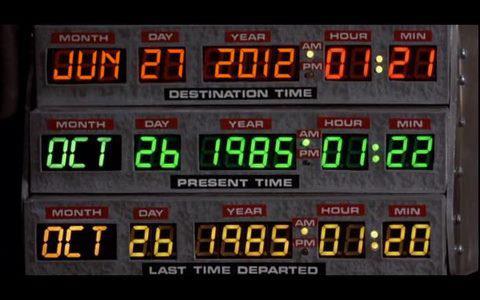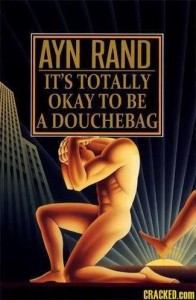Is Facebook toast? I’m not asking because of it’s IPO, which despite whining from the tech pundits was perfectly calibrated. I’m asking because it’s basic business model is still such a clunker:
Facebook currently derives 82 percent of its revenue from advertising. Most of that is the desultory ticky-tacky kind that litters the right side of people’s Facebook profiles. Some is the kind of sponsorship that promises users further social relationships with companies: a kind of marketing that General Motors just announced it would no longer buy.
Facebook’s answer to its critics is: pay no attention to the carping. Sure, grunt-like advertising produces the overwhelming portion of our $4 billion in revenues; and, yes, on a per-user basis, these revenues are in pretty constant decline, but this stuff is really not what we have in mind. Just wait.
It’s quite a juxtaposition of realities. On the one hand, Facebook is mired in the same relentless downward pressure of falling per-user revenues as the rest of Web-based media. The company makes a pitiful and shrinking $5 per customer per year, which puts it somewhat ahead of the Huffington Post and somewhat behind the New York Times’ digital business. (Here’s the heartbreaking truth about the difference between new media and old: even in the New York Times’ declining traditional business, a subscriber is still worth more than $1,000 a year.) Facebook’s business only grows on the unsustainable basis that it can add new customers at a faster rate than the value of individual customers declines. It is peddling as fast as it can. And the present scenario gets much worse as its users increasingly interact with the social service on mobile devices, because it is vastly harder, on a small screen, to sell ads and profitably monetize users.
The basic problem is that Facebook’s major innovation is to facilitate social interactions, but unless you charge people 1 penny per like you can’t actually monetize those interactions (and any attempts to do so would act like a brake).
But there is an obvious way to monetize Facebook that I am surprised few are talking about. Consider the numbers: Facebook is valued at $100 billion, has about a billion users, so each user is “worth” $100. But Facebook only makes $5/user annually in revenue from ads. So, why not offer users a paid option? If Facebook followed Amazon’s example and offered a “Prime” service, they could charge users $75/year (or $8/month ongoing). In return, that user could get a pile of perks:
- no ads anywhere, of course
- free digital gifts and an expanded menu of “pokes” (bring back the sheep!)
- a “premium” version of the Facebook app with built-in Skype functionality
- more search filters and automated searches for friends (akin to LinkedIn’s subscriptions)
the ability to track who views your profile
this is just a basic and obvious list but I am sure there are other perks that could be offered. For example, given that Craig’s List hampers innovation in the classifieds space, Facebook can and should leverage the social graph and offer it’s own (as well as compete with Angie’s List, or buy them outright). Facebook Prime users could be rewarded with better access or free listings.
And then there’s the coupon space – Facebook has all the data it needs to outdo Groupon or LivingSocial. If Facebook acquired the latter in fact it would have a headstart, and again Facebook Prime users would benefit with specialer-than-special offers or early access to deals.
People have already compared Zuckerberg to the next Bezos, but unlike Amazon’s profligate revenue streams, Facebook remains stubbornly focused on one thing. It’s time to diversify and leverage that social data in ways that people actually use. And let the users pay for it!





